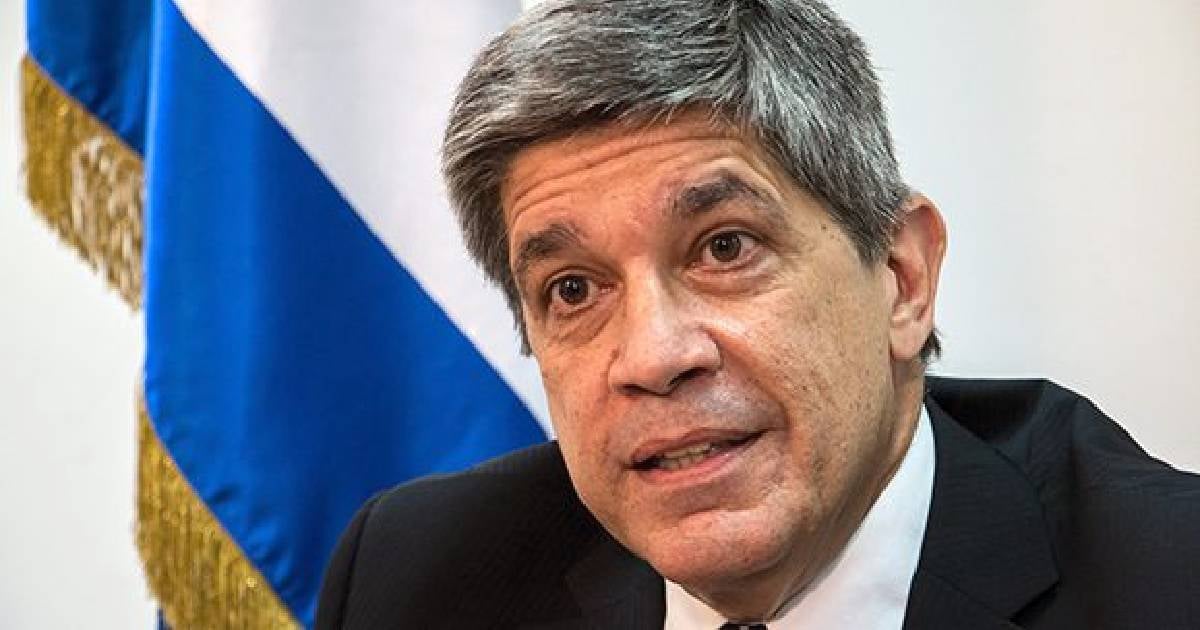The Cuban government has once again attributed its deepening economic crisis to the longstanding U.S. embargo, dismissing domestic and international criticism. Vice Foreign Minister Carlos Fernández de Cossío took to Facebook to accuse the U.S. of waging a “relentless economic war” against Cuba. He claimed that the embargo remains the primary barrier to economic progress, restricting access to markets, technology, financing, and fuel while deterring tourists and international businesses. “No other factor compares in terms of its impact and the damage it causes,” he stated, defending the regime’s stance amidst rising inflation, shortages, blackouts, and public discontent. Fernández de Cossío also criticized the global economic order, which he described as a legacy of colonialism, for perpetuating underdevelopment in nations like Cuba. The official narrative avoids acknowledging governance errors, ineffective economic policies, or the need for structural reforms. Critics, however, argue that the regime’s reliance on the embargo as a scapegoat overlooks internal inefficiencies. Recent statements from officials in Santiago de Cuba have similarly blamed families and the embargo for rising homelessness, sidestepping issues like collapsing real wages, inadequate pensions, and systemic state neglect. This approach highlights the consequences of decades of inefficient policies and extreme centralization, which have left many Cubans struggling in poverty.
— new from CiberCuba
